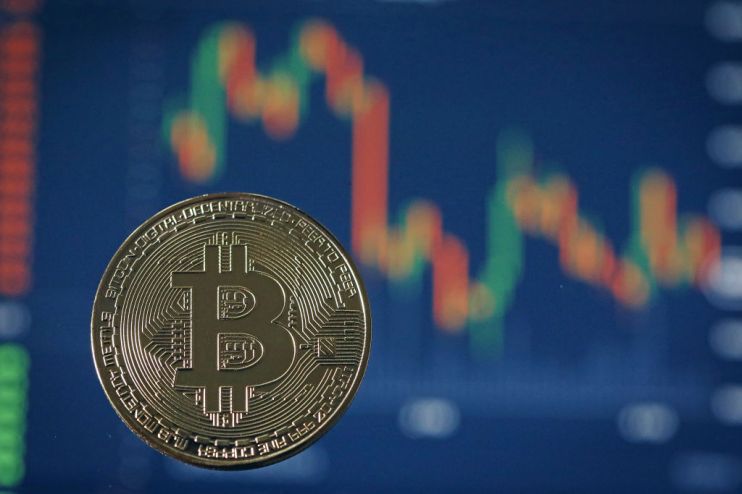How the Gamestop rally may have been inspired by crypto asset markets

The allure of the underdog is well-documented, but what happens when the underdog takes on the house and cleans up the table?
That’s exactly what happened in equity markets this week, as a Reddit community-fueled, retail money short-squeeze resulted in GameStop (GME), which previously was the darling of short-sellers, rallying all the way to just shy of $500 after trading below $20 per share as recently as January 12. This kind of parabolic run usually only happens in digital asset markets, and the reason why is simple – it all comes down to community.
This run, which was started by the sub-Reddit /wallstreetbets, gathered so much momentum that a number of brokerages such as Robinhood, TDAmeritrade, E-Trade, Charles Schwab, Fidelity experienced issues or outages, with one TDAmeritrade even halting trading of GME ‘in the interest of mitigating risk for our company and clients,’ in a manner similar to what happened with many crypto asset platforms during their runup earlier this month.
Hedge fund managers used to running the roost in equities were caught completely off-guard, and many were left scrambling to cover short positions held against GME. One asset manager, Melvin Capital, suffered such massive losses on its short positions, that it was forced to take in a $2.75 billion capital injection from the likes of Citadel and Point72, among others.
These retail-driven rallies are very common in digital assets, especially among lesser-known tokens in the small to mid-cap range. Sure, thin trading volumes can and do play a part, but this also happens because smaller projects tend to grow at a faster rate and tend to rely on frequent updates or other strategies to keep their community engaged.
It’s all about the community
This makes crypto assets a perfect target for event-driven and sentiment-related trading strategies. The fragmented nature of digital markets also levels the playing field, and a largely decentralised approach to listing tokens, even by centralised venues, means that actions such as those taken by TD Ameritrade to restrict access to certain assets are less likely to halt all trading in any one asset. Equally, this is where the appeal of decentralised exchanges comes into play, with community at the very helm of driving the exchange and future updates/developments meant to ensure longevity.
The great misconception about Decentralised Finance (DeFi) is that these projects lack liquidity, or that they overly reliant on liquidity mining and various other incentives that appear to be in abundance, and all of which have been criticised by centralised counterparts.
However, on a very simple level, liquidity mining can be compared to a program started late last year by Snapchat (SNAP), which saw the company offer up a share of $1 million to users every day as it tried to win back users who left the aging viral video platform for TikTok. How much a video makes for its owner depends on a complicated formula – but includes how many views the video has. Fundamentally, these bounties are not all that different from liquidity mining.
Incentives can only do so much for user acquisition but it is the retention that is the real challenge and, as it stands, decentralised exchange (DEX) volume is on pace to hit $55 billion in January. That’s roughly half of their total volume for all of 2020. Sure, DEXs like Sushiswap and Uniswap are the David to Coinbase and Binance’s Goliath, but traders are increasingly turning to them because a strong community ethos, matched by a healthy degree of rivalry, is what really sets digital asset markets apart from traditional assets such as equities.
This also makes trades like what happened this week with Gamestop all the more likely, and opens up an opportunity for alpha generation that can be much more appealing than just about anything happening in traditional markets.
Ryan Gorman is the co-founder of Trade the Chain, a global 24/7 community of traders sharing ideas and celebrating victories gained from using AI-driven sentiment indicators and real time, actionable alerts to make more informed trading decisions.
To learn more about Trade the Chain, please visit tradethechain.com
Disclaimer
Nothing shared in this article or on Trade the Chain is investment advice, nor should it be construed as such.
Crypto AM: Technically Speaking in association with Zumo
